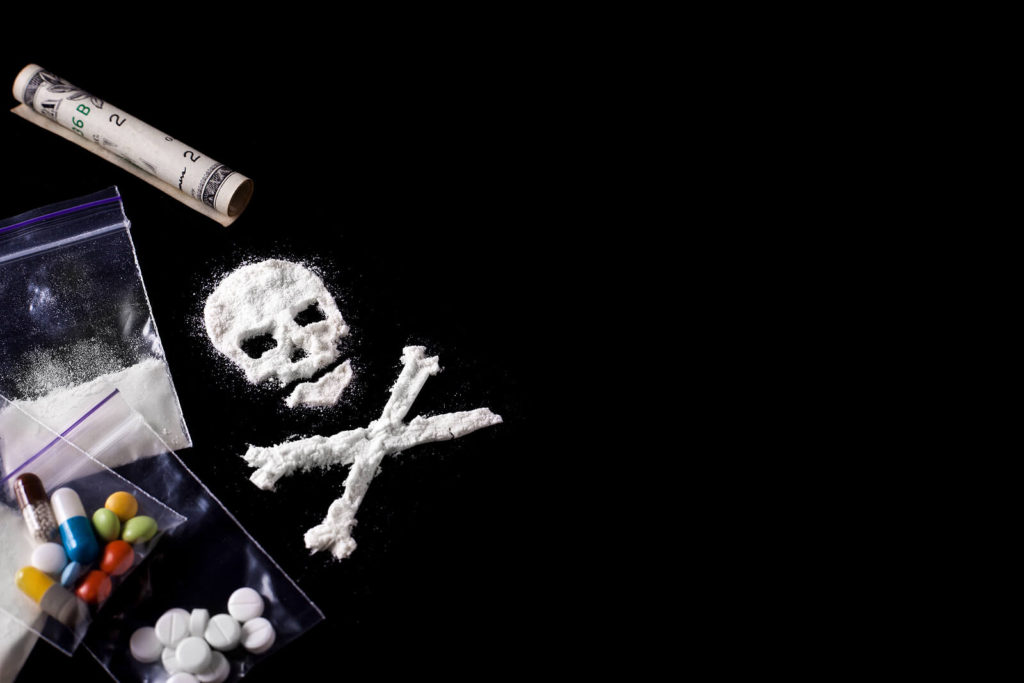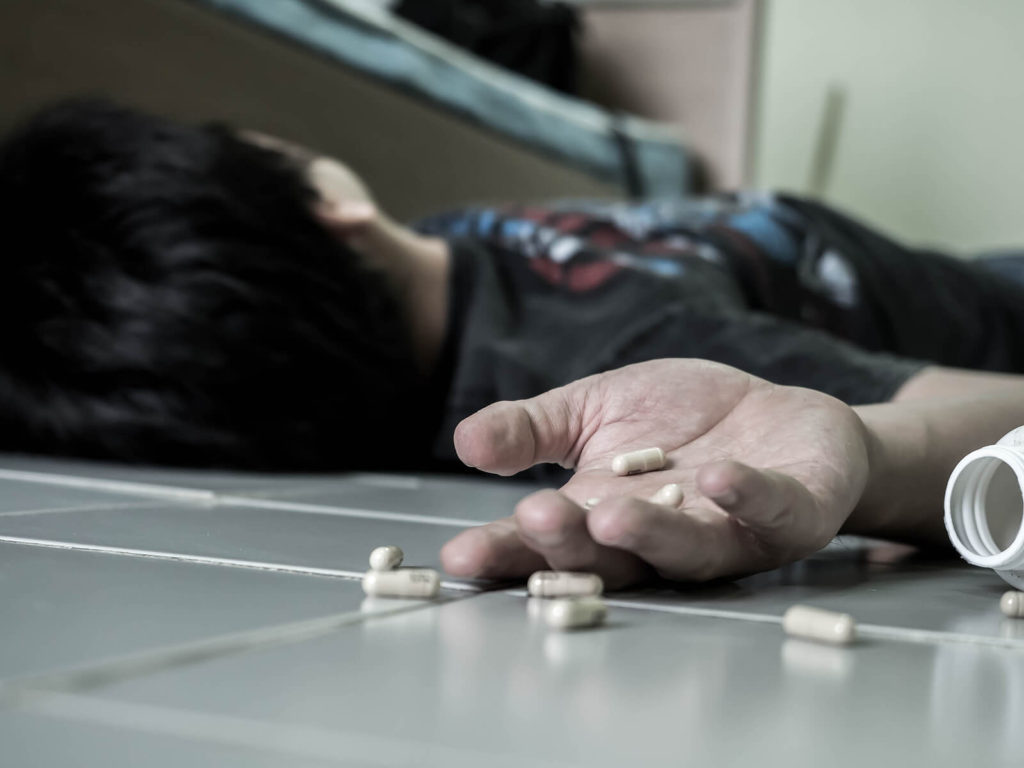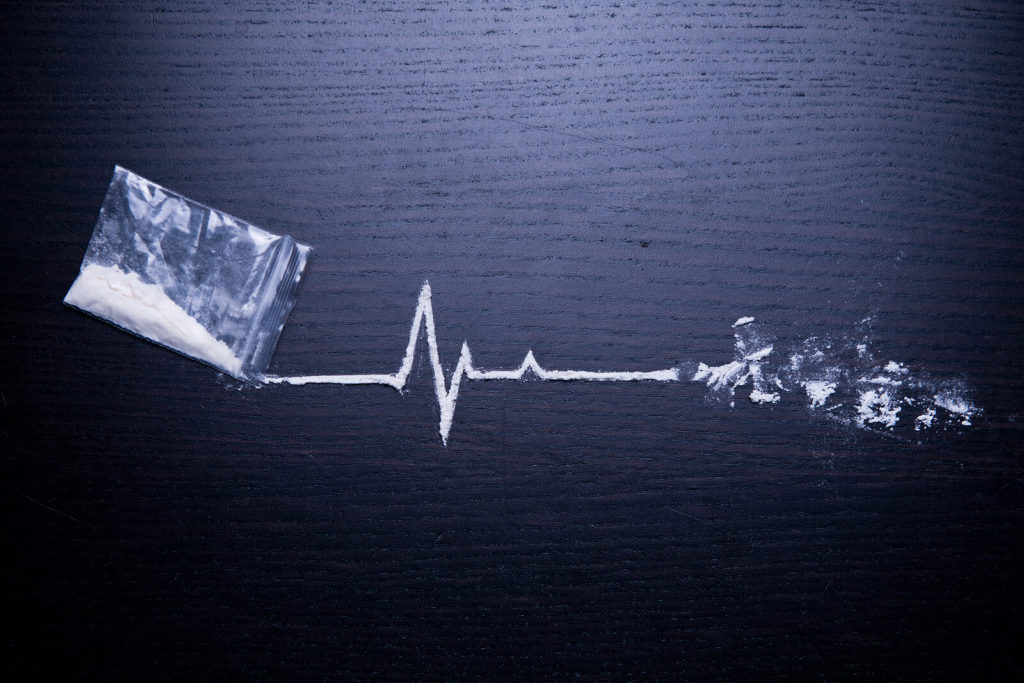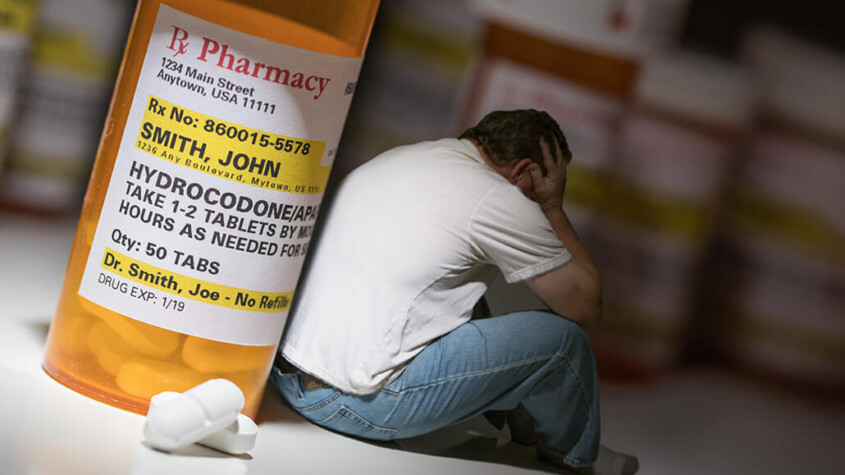Signs Of Opioid Addiction
Signs You May Have Opioid Addiction – And What to Do About It
Opioid addiction can happen to anyone. In fact, addiction has been getting more and more common in the past few years. This is due to the increase in prescription painkiller use, as well as heroin and the ultra-potent fentanyl. You may think that you could never become addicted to opioids. But, it’s important to be aware of the signs of opioid addiction. By doing so, you can take action before your addiction gets worse. Whether you’re dealing with an existing opioid addiction or trying to prevent one, it’s good to know what the signs of opioid dependence are and how they can affect your life.
Signs and Symptoms of Opioid Addiction And Opioid Use Disorder

Opioids have legitimate medical purposes. But, they can also be used for nonmedical reasons. Thus, resulting in opioid use disorder. When it comes to signs and symptoms of opioid use disorder, there is no one-size-fits-all diagnosis. Most people who abuse opioids experience a number of negative consequences that affect their life in some way.
These negative consequences may include:
- Unintentional injury or accidents
- Unsafe sex
- Reduced performance at work
- Poor health or hygiene
- Deteriorating relationships
- Legal problems
- Financial problems
- Chronic pain
- Reductions in quality of life
The important thing to remember is that it’s never too late to change your situation. You can always start fresh and begin taking control of your life again. Are you worried you might have an opioid addiction? If so, talk with a Manhattan, NYC addiction psychiatrist trained to treat opioid addiction right away.
Why Addictions to Opioids Pills, Heroin, and Fentanyl Occur

Opioid addiction is caused by changes in the brain that occur over time. These changes are caused by a physical dependence on opioids such as Vicodin, Percocet, heroin, and fentanyl. When someone abuses these drugs for a long enough period of time, they will eventually have trouble functioning without them. At first, it may not seem like you need drugs because you still have full control over your faculties and actions, but you’re fooling yourself and your brain. The drug has already changed how your brain functions, which means you now require more of it to get through each day—your tolerance has increased.
The more opioids you take, the higher your tolerance becomes. This creates a vicious cycle: as soon as one dose wears off, withdrawal symptoms set in and make you crave another hit. Addiction occurs when your body needs opioids just to feel normal—not sick or in pain. To break free from opioid addiction once and for all, seek help from an experienced addiction psychiatrist in Manhattan, NYC who specializes in treating opioid abuse with medication-assisted treatment (MAT) and the right type of psychotherapy and counseling for your specific needs.
Who’s At Risk for Opioid Addiction?
Anyone who’s ever used opioids recreationally or in larger amounts than prescribed is at risk of developing an opioid addiction. Individuals with other mental health issues such as depression and anxiety are particularly susceptible, but opioid addiction treatment is effective regardless of your unique situation. No matter what you think about opioid addiction treatment, it’s important to understand that anyone using opioids for an extended period has a chance of becoming addicted. As more people use opioids for longer periods of time and in higher doses, more individuals will develop an opioid use disorder – which is why we are in such a horrible Opioid Epidemic.
If you do decide that opioid addiction treatment is necessary, it’s a good idea to begin by consulting your primary care physician. They can identify your unique situation and use that information to determine if you’re at risk of developing an opioid addiction and should seek professional help. Alternatively, you may already be seeing a psychiatrist or another mental health specialist who can also recommend or prescribe medication-assisted opioid addiction treatment options. As Dr. Gilman points out, many patients with opioid problems also suffer from co-occurring disorders such as anxiety, depression, and substance abuse.
What Is Available For Opioid Addiction Treatment?
Suboxone, Vivitrol, and Naltrexone are all medications approved by the FDA to treat opioid addiction. Naltrexone is an oral medication that works on opioid receptors in your brain. Suboxone and Vivitrol are opioid medications that treat withdrawal symptoms. Medication-assisted treatment (MAT) offers patients a chance at recovery after decades of failed attempts through traditional methods. Patients must work with a doctor who can prescribe these medications, such as an addiction psychiatrist. If you have been abusing opioids for years, it may take time for your body to adjust to being off them completely. When you begin MAT with any of these three drugs, you will take fewer opioids each day so as not to become dependent again. After your initial doses, you’ll start tapering down until you’re able to stop taking them altogether. Exactly how to taper is decided by your addiction psychiatrist based on your unique circumstances.
Finding Relief From Opioid Withdrawal Symptoms

Withdrawal symptoms are common after opioid addiction. When opioids are used over a long period of time, they interfere with normal nerve function. They make it impossible for an individual to live a normal life without experiencing these withdrawal symptoms. Physical withdrawal can be uncomfortable but you can manage it in a way that makes your body feel healthy again. For people who have been using prescription opioids, heroin, or fentanyl for some time, these symptoms will tend to last longer and can seem difficult to handle at first. But don’t worry—medical experts specializing in opioid addiction treatment in Manhattan, NYC, or elsewhere will work with you on finding a safe solution for your withdrawal symptoms.
Begin Opioid Addiction Treatment in New York, NY
Recognizing the signs of opioid addiction is only the first step in your recovery journey. I understand the many speed bumps you may encounter along the way. As an online psychiatrist in New York, NY, I’m happy to offer both in-person and online support from my NYC, Manhattan-based therapy practice. To start your therapy journey, please follow these simple steps:
- Contact Stephen Gilman, MD
- Learn more about me and my approach to treatment
- Start finding healing solutions!
Other Services Offered with Stephen Gilman, MD – Addiction Psychiatrist in NYC, Manhattan
Opioid addiction treatment isn’t the only service I offer from my New York, NY-based therapy office. Other mental health services I offer include general psychiatry, young adult psychiatry, adult psychiatry, and alcohol addiction treatment. I’m also happy to offer prescription drug addiction treatment, cocaine addiction, and meth addiction treatment, behavioral addiction treatment, PTSD treatment, drug addiction treatment, and marijuana addiction treatment. Learn more about me or visit my blog for more helpful info.



